Biotechnology
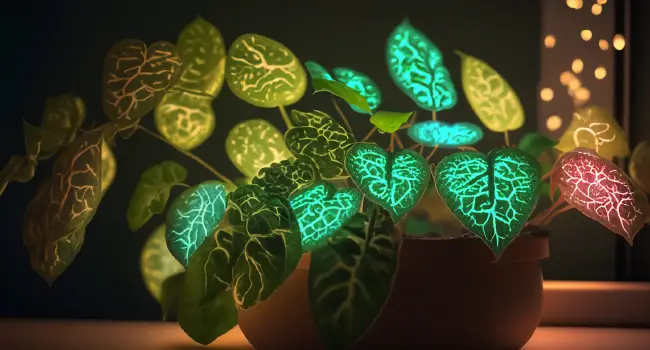
What is Biotechnology?
Imagine a world where medicine tailors treatments to your unique genetic code, crops flourish in harsh environments, and renewable energy flows like a river. This is not the stuff of science fiction, but the burgeoning reality of biotechnology, a field poised to revolutionize every facet of our lives. Biotechnology combines various fields of study such as biology, chemistry, physics, engineering, and computer science to create innovative technologies and products that benefit society.
At its core, biotechnology is the harmonious blend of biology and technology. It harnesses cells, molecules, and genes to create solutions for some of humanity's most pressing challenges. From fighting pandemics to nourishing a growing population, from cleaning polluted landscapes to crafting sustainable materials, biotechnology's potential is vast.
Biotechnology has a wide range of applications, including agriculture, medicine, environmental science, and industrial processes. For example, biotechnology can be used to develop new pharmaceuticals, vaccines, and diagnostic tools for the treatment and prevention of diseases. It can also be used to improve crop yields, develop new food products, and reduce the environmental impact of industrial processes.
In recent years, biotechnology has played an increasingly important role in the development of new treatments for cancer, genetic disorders, and other diseases. Advances in biotechnology have also led to the development of new diagnostic techniques, personalized medicine, and gene editing technologies, such as CRISPR-Cas9.
The power of biotechnology calls for ethical considerations that harmonize with scientific advancements. The potential misuse of genetic engineering, the widening gap in access to these technologies, and the need for robust biosafety regulations are all critical notes in the ongoing discourse surrounding this field. As we stand at the threshold of a bio-revolution, it is crucial to remember that biotechnology must be guided with safety, fairness, and wisdom.
The National Center for Biotechnology Information web site has plain language introductions to bioinformatics, genome mapping, molecular modeling, SNPs, ESTs, microarray technology, molecular genetics, pharmacogenomics, and phylogenetics.
What are the Pros and Cons of Biotechnology?
Potential benefits of biotechnology
Foods that last longer
Disease and pest resistant crops
Accurate delivery of precise amounts of drugs, e.g., targeting cancer cells without damaging nearby healthy cells
Regenerative medicine, replacement organs
Designer babies, organisms
Slowing or stopping aging
Biological computing, wearable computers
Biological fabrication of clothing, plastics, and building materials
Environmentally friendly manufacturing processes that minimize waste
Microbial cleansers
Ultra-strength, lightweight materials
Prevent genetic/hereditary disorders
Drought tolerance
Increased food supply with potential to feed all
Potential drawbacks of biotechnology
May prove harmful for the natural plants, animals or environment
GMOs carried by wind or animals causing cross-contamination
Fixing a problem, could cause a problem, when you don't know the whole picture
Super viruses, weeds or pests
Gene manipulation can have unpredictable side effects
Genetic engineering can affect diversity
Gene therapy is not affordable for everyone
Introducing allergens and toxins to food

Designer Babies
New biotechnology research is making designer babies a reality. Embryo screening technology and gene-editing may soon help a parent choose what type of baby they want. The prospect of genetically modified designer babies sparks both excitement and trepidation. Gene editing could do a good thing like eradicate diseases, but it could also enhance abilities that exacerbate existing social inequalities. While the technology is still in its nascent stages, its potential to reshape the future of humanity is undeniable.
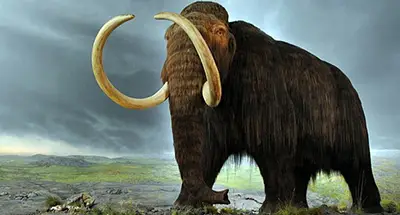
Cloning
There are many moral and ethical concerns associated with cloning. A good understanding of the basic science and processes that lay behind cloning and what they can do will help you make better decisions regarding its use.
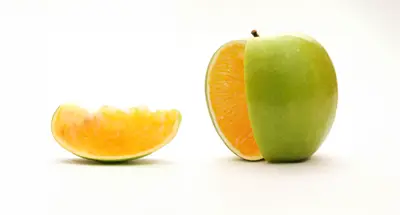
Agricultural Biotechnology
Agricultural biotechnology is a broad range of tools--including traditional breeding and genetic engineering, that are used to modify plants or animals.
Read more about Agrobiotechnology
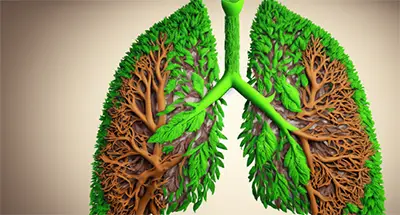
Regenerative Medicine
Researchers and medical doctors of today hope to make the legendary concept of regeneration into reality by developing therapies to restore lost, damaged, or aging cells and tissues in the human body.
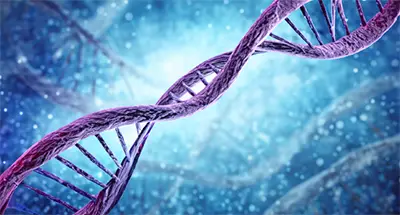
Gene Editing Technologies
CRISPR (Clustered Regularly Interspaced Short Palindromic Repeats) gene editing is a revolutionary tool that has the potential to transform the way we approach genetic diseases. It is a versatile technique that allows scientists to modify and manipulate genetic material with high precision, accuracy, and efficiency. Learn more about CRISPR gene editing.
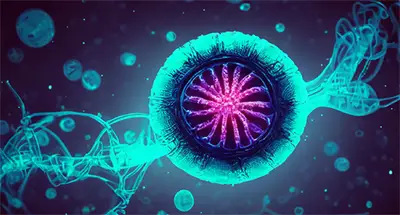
Synthetic Life
Synthetic biology is an emerging field that applies engineering principles to biology to create new life forms. It aims to design and build new biological systems or redesign existing ones. This can be done by either modifying the genetic makeup of organisms or by creating entirely new organisms from scratch. There are advantages and disadvantages of creating artificial life, and many ethical issues.
Biotechnology Articles and Web Sites
I search the internet daily for new articles from around the world that interest me or I think will interest you. My hope is that it saves you time or helps students with their assignments. Listed by most recent first, dating back to 2005.
Click here for biotechnology web sites
Click here for a biotechnology glossary
-
I search the internet daily for new articles from around the world that interest me or I think will interest you. My hope is that it saves you time or helps students with their assignments. Listed by most recent first, dating back to 2005. Hit NEXT button for more articles
-
The Dangers of Mirror Life from Harvard Magazine
-
Scientists Just Transplanted a Pig Liver Into a Person for the First Time from Singularity Hub
-
A cell pulls off one of the 'Holy Grails' of biotechnology from NPR
-
Arc Institute’s new AI can read and write the code of life from Freethink
-
Gene therapy experiment treats rare childhood blindness from BBC
-
The Security Implications of Developments in Biotechnology from IISS
-
What Does Every Human Gene Do? This Massive Project Is About to Find Out from Singularity Hub
-
Mirror life is a scientific fantasy leading to a dangerous reality − a synthetic biologist explains how mirror bacteria could conquer life on Earth from The Conversation
-
Genome-wide atlas of cell morphology reveals gene functions from Phys.org
-
What is a mutation? video
-
‘Mirror Bacteria’ Could Wreak Havoc on Life and the Environment, Scientists Warn from Singularity Hub
-
Study Suggests an mRNA Shot Could Reverse This Deadly Pregnancy Condition from Singularity Hub
-
A new report warns of serious risks from ‘mirror life’ from Stanford Report
-
Thousands of Undiscovered Genes May Be Hidden in DNA ‘Dark Matter’ from Singularity Hub
-
Cell by cell: Rebuilding the body from USC
-
Stem Cells Grown in Space Could Revolutionize Medicine Here on Earth from Universe Today
-
Researchers discover a way to make fat cells skinny from UCLA
-
Single Cells Can Learn: A Revolutionary Discovery in Biology from SciTechDaily
-
RNA editing is the next frontier in gene therapy – here’s what you need to know from The Conversation

